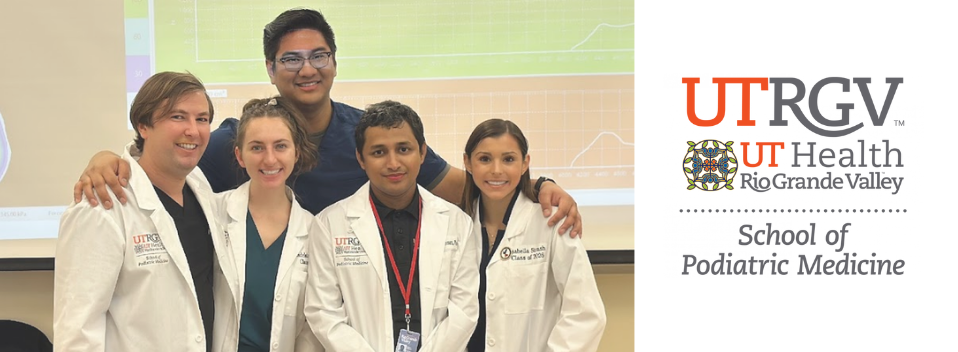
School of Podiatric Medicine Publications
Document Type
Article
Publication Date
11-2024
Abstract
The opportunistic pathogen Enterococcus faecium colonizes humans and a wide range of animals, endures numerous stresses, resists antibiotic treatment and stubbornly persists in clinical environments. The widespread application of antibiotics in hospitals and agriculture has contributed to the emergence of vancomycin-resistant E. faecium, which causes many hospital-acquired infections. In this Review, we explore recent discoveries about the evolutionary history, the environmental adaptation and the colonization and dissemination mechanisms of E. faecium and vancomycin-resistant E. faecium. These studies provide critical insights necessary for developing novel preventive and therapeutic approaches against vancomycin-resistant E. faecium and also reveal the intricate interrelationships between the environment, the microorganism and the host, providing knowledge that is broadly relevant to how antibiotic-resistant pathogens emerge and endure.
Recommended Citation
Wei, Y., Palacios Araya, D., & Palmer, K. L. (2024). Enterococcus faecium: evolution, adaptation, pathogenesis and emerging therapeutics. Nature Reviews Microbiology, 22(11), 705-721. https://doi.org/10.1038/s41579-024-01058-6
Publication Title
Nature Reviews Microbiology
Academic Level
faculty
DOI
https://doi.org/10.1038/s41579-024-01058-6


Comments
Reprints and permissions
Original published version available at https://doi.org/10.1038/s41579-024-01058-6